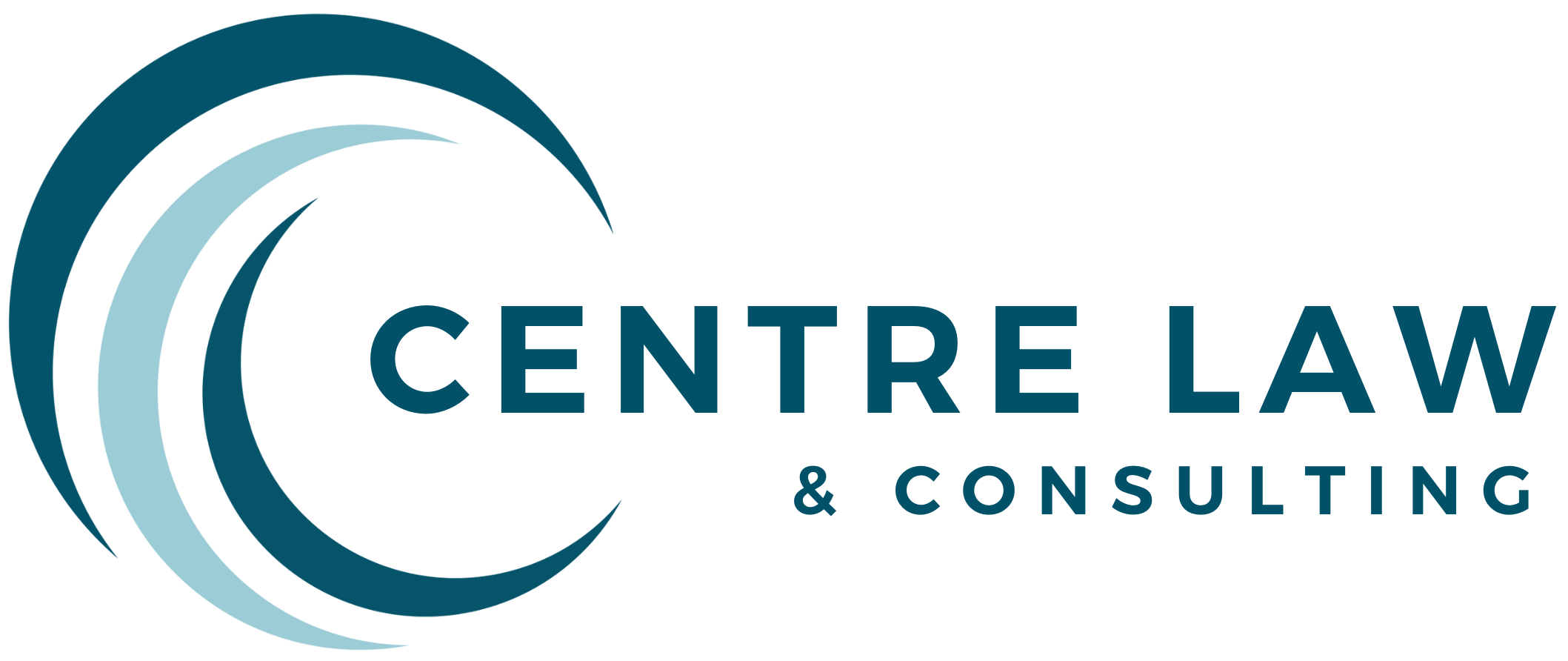On May 22, 2025, the Supreme Court issued its opinion in Kousisis v. United States. This case involved fraud related to the participation of economically disadvantaged businesses in a government contract. The question at issue was actually somewhat nuanced: does the federal wire fraud statute address fraud that did not result in monetary damages, especially in light of the False Claims Act. The Court held that it did. As a result, a criminal statute now clearly applies to conduct that some government contractors might risk if only civil penalties apply. As important, the Department of Justice showed a willingness to pursue these criminal penalties all the way to the Supreme Court.
The defendants won a contract for various painting projects in Philadelphia. As part of its proposal, the defendants represented that it would obtain materials from a disadvantaged business. They did not do so. Instead, they used the identified supplier as a pass-through entity and submitted multiple false certifications on the issue. The disadvantaged business “was no more than a paper pusher, funneling checks and invoices to and from Alpha’s actual suppliers.”
Over the course of the contract, the defendants made a gross profit of over $20 million and paid the disadvantaged business around $170,000. Once the conduct came to light, a grand jury indicted the prime contractor and its project manager for wire fraud and conspiracy to commit wire fraud. They were convicted.
Their arguments on appeal included the fact that the government was not financially harmed by their fraud, so the wire fraud statute did not apply. Several courts of appeal had agreed with this interpretation of the statute, which is why the Supreme Court took the case. The Supreme Court did not agree and ruled that the government did not need to show a net economic loss to secure a conviction for wire fraud.
So, what does this mean for government contractors? First, it makes clear that the government can pursue criminal charges against both companies and responsible employees for fraudulent misrepresentations made during the solicitation phase and/or the performance phase of government contracts. Second, it shows that the Department of Justice is willing to go to great lengths to pursue these charges, at least for certain contracts. Third, it is important to ensure that companies have controls on compliance and representation issues to prevent employees from making claims that are untrue.
If you have any questions or concerns on how to prevent these issues, or anything else related to government contracting, please feel free to contact the author at [email protected].



